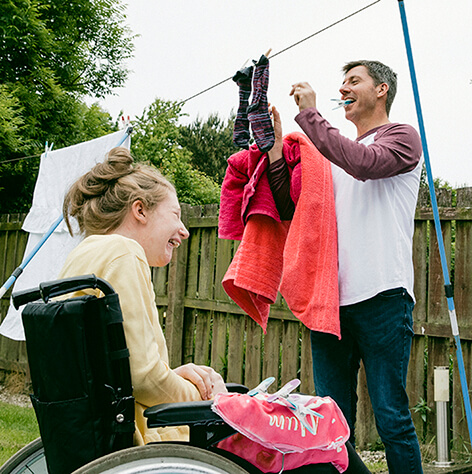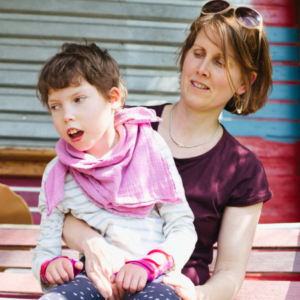A Carer Statement is one of the most important documents you provide as part of your child’s NDIS planning.
What is a Carer Statement?
This is a one-page statement about your daily life and the informal support you provide to your child with disability.
It should describe your role ‘above and beyond’ parenting a similar aged child without disability.
It gives you an opportunity to explain:
- The overall impact on YOU as a parent and carer.
- Your family situation: Do you have other children in the family? Who else helps care for your child? Are you a single parent? Are you caring for anyone else?
- Your own health issues and/or disability, if you choose to share this information.
Why should I write one?
It’s important that the NDIS understands what your caring role involves so that your child’s plan not only meets their needs, but also supports your ongoing caring role.
Your Carer Statement can be evidence for respite support in your child’s NDIS Plan that helps you to continue to care.
What information should I include?
Think about including:
- All the caring responsibilities and supports you provide for your child 24/7.
- A clear description of how this ongoing care affects you physically, emotionally, socially and financially, including your capacity to find or keep employment.
- The supports your child and family currently receive and what would happen if they weren’t there.
Ask someone who knows you and your child well to read your Carer Statement to make sure everything you do is included.
How can I make sure the NDIS reads my Carer Statement?
Keep your statement to one page. Email a copy before your planning meeting and take a copy with you. Ask that your Carer Statement be on top of all evidence documents.
Other evidence of the impact of caring
You can also keep a detailed diary over a 24-hour period or week, documenting all the care and administrative tasks you do to support your child and how long they take. This should focus on what is above and beyond parental responsibility for a similar aged child without disability.






